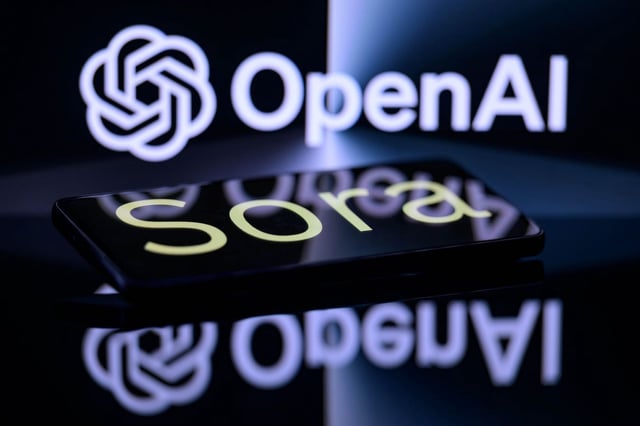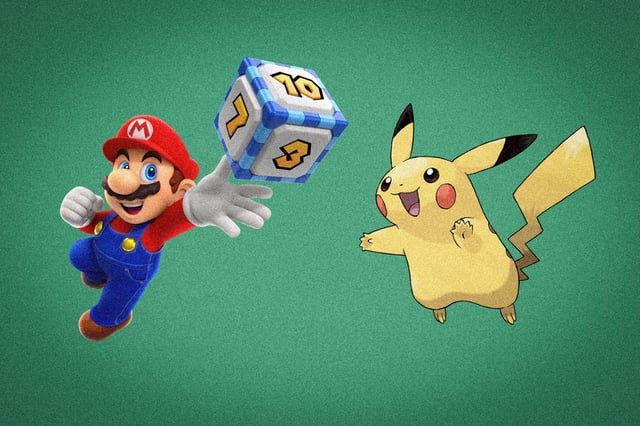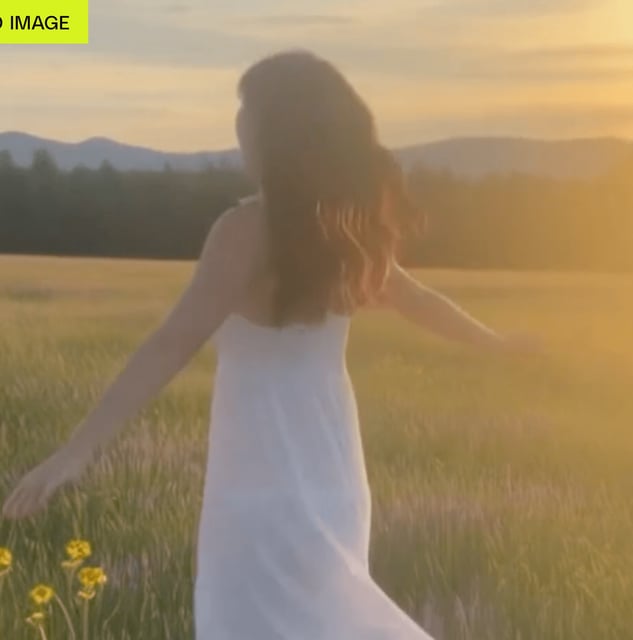Overview
- OpenAI released Sora 2, a video‑and‑audio generative model, alongside Sora, a TikTok‑style iOS app that lets invited users in the U.S. and Canada create and share short AI clips.
- The app quickly climbed to No. 3 on the U.S. App Store despite invite‑only access, as users posted viral clips including realistic deepfakes of CEO Sam Altman and videos using copyrighted characters.
- Sora’s “cameo” feature builds a user’s likeness from a brief recording for insertion into AI videos, with controls over who can use that likeness.
- OpenAI says all videos carry moving watermarks and invisible metadata and are filtered by layered moderation, but its documentation acknowledges the metadata can be stripped and reporters found users skirting safeguards.
- Legal scholars criticized a reported default‑allow approach to copyrighted outputs unless rights holders opt out, while internal and external voices questioned the app’s alignment with OpenAI’s safety mission even as leadership frames Sora as funding and data for future AGI and world‑simulation work.



